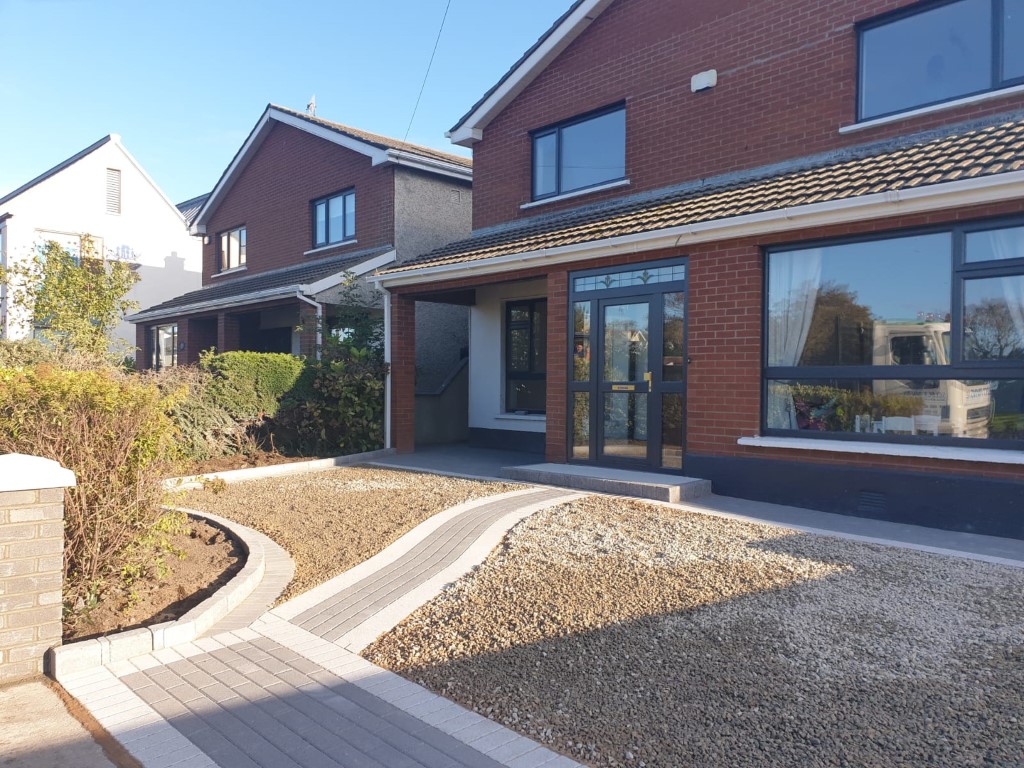Types of Gravel Stone and Sizes
Gravel stone which is a natural stone makes for a very affordable driveway solution, especially on larger areas. The key to longevity depends on the function of the area and what type of gravel you opt for.

Gravel Stone Types
Gravel stone is a loose aggregation of small, water-worn or weathered stone fragments. Commonly made of rock such as limestone, granite, flint or basalt, it's typically used in construction for driveways, pathways, or as an alternative to bark chipping for a low-maintenance flowerbed. Its size can vary from around 2 mm to over 60 mm in diameter.
It's an excellent option for a permeable driveway, provided a suitable permeable base is installed and because its a natural stone, it has an abundance of colours which will never fade.
Now, depending on the size of the stone, its longevity can be affected. For example, a smaller gravel stone, say for example, 6mm, which is often referred to as shingle, it can make an excellent option for a low-maintenance flowerbed or pathway, but as a driveway stone, it is not a good option.
Why? Vehicles weigh a lot, and stones will get crushed as it compact together. You really want to have a minimum of 14mm stone for a driveway if you expect to achieve long term longevity with your driveway.
What's the downside to a larger stone? Compaction! Smaller stones will flow and lock together, meaning walking over it is much easier, whereas larger stones, especially 20mm and upwards, make for a terrible walking experience!
This leads to 14mm to 16mm being the most commonly used stone, it offers a trade-off between durability against vehicles vs the ability to walk over the gravel without too much difficulty.
How to Maximise Your Gravel Driveway
A tip for enhancing the overall appearance of a gravel driveway is creating an entrance apron to the driveway and one at the front door. The benefit to the front door apron is that it will help to keep the stones out of your house!
Another tip for gravel driveways is always to have some form of retaining line, either edging kerbs or bordering around it to hold back the gravel. This will make sure it stays contained and won't spread about.
If you are interested in having a gravel driveway in Leinster, why not call our team at (01) 5768874 to get a 100% Free estimate?
